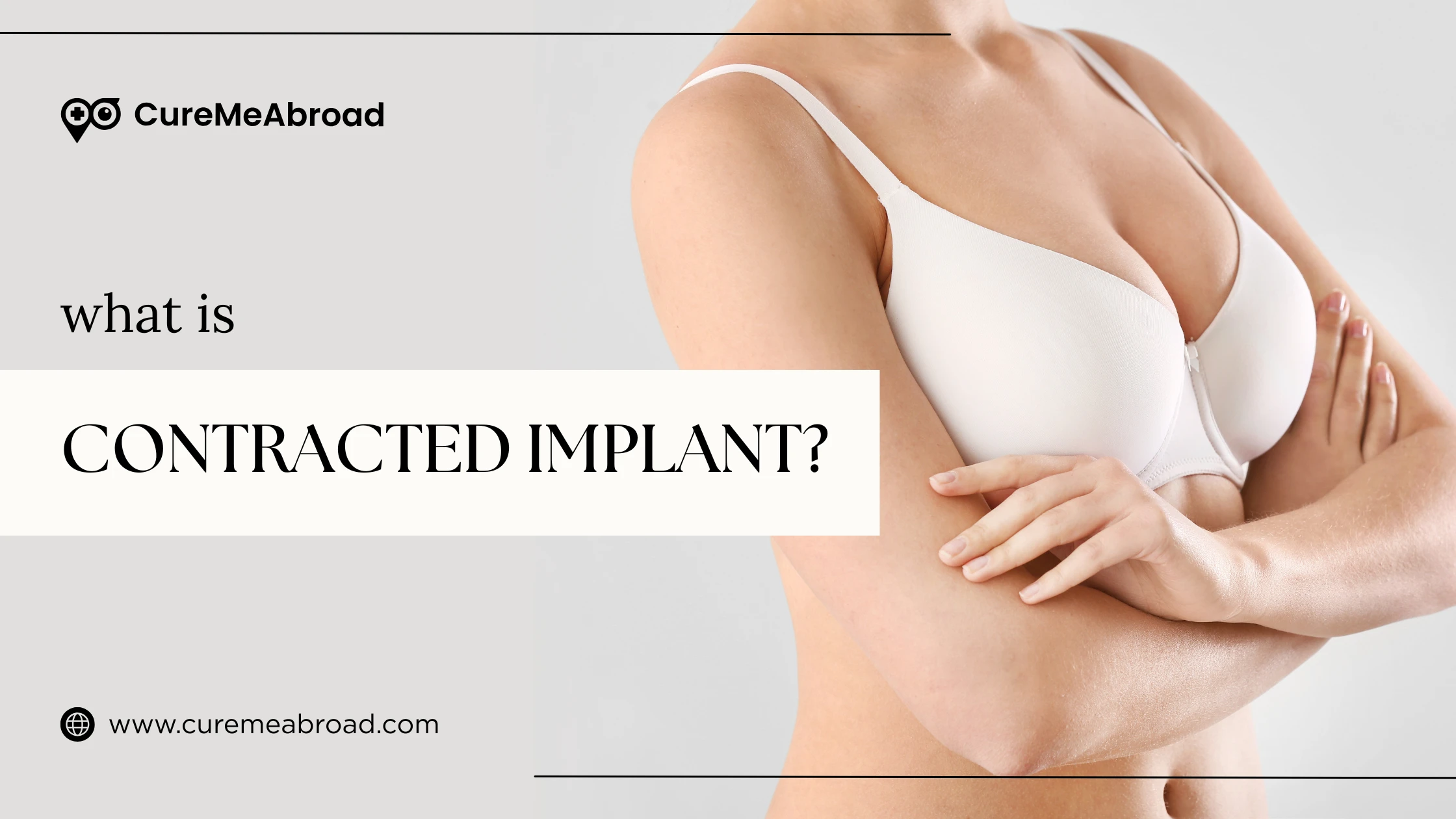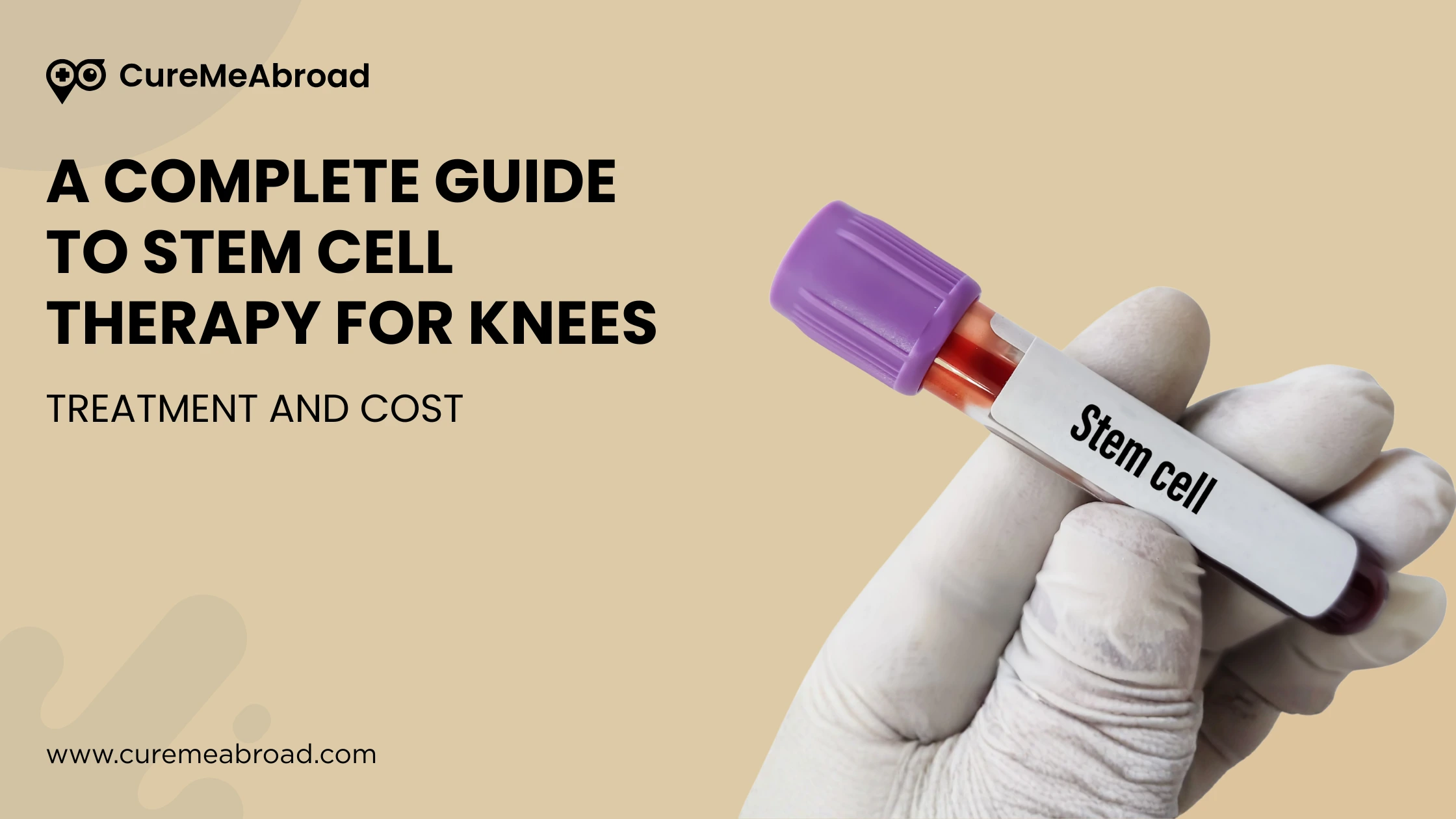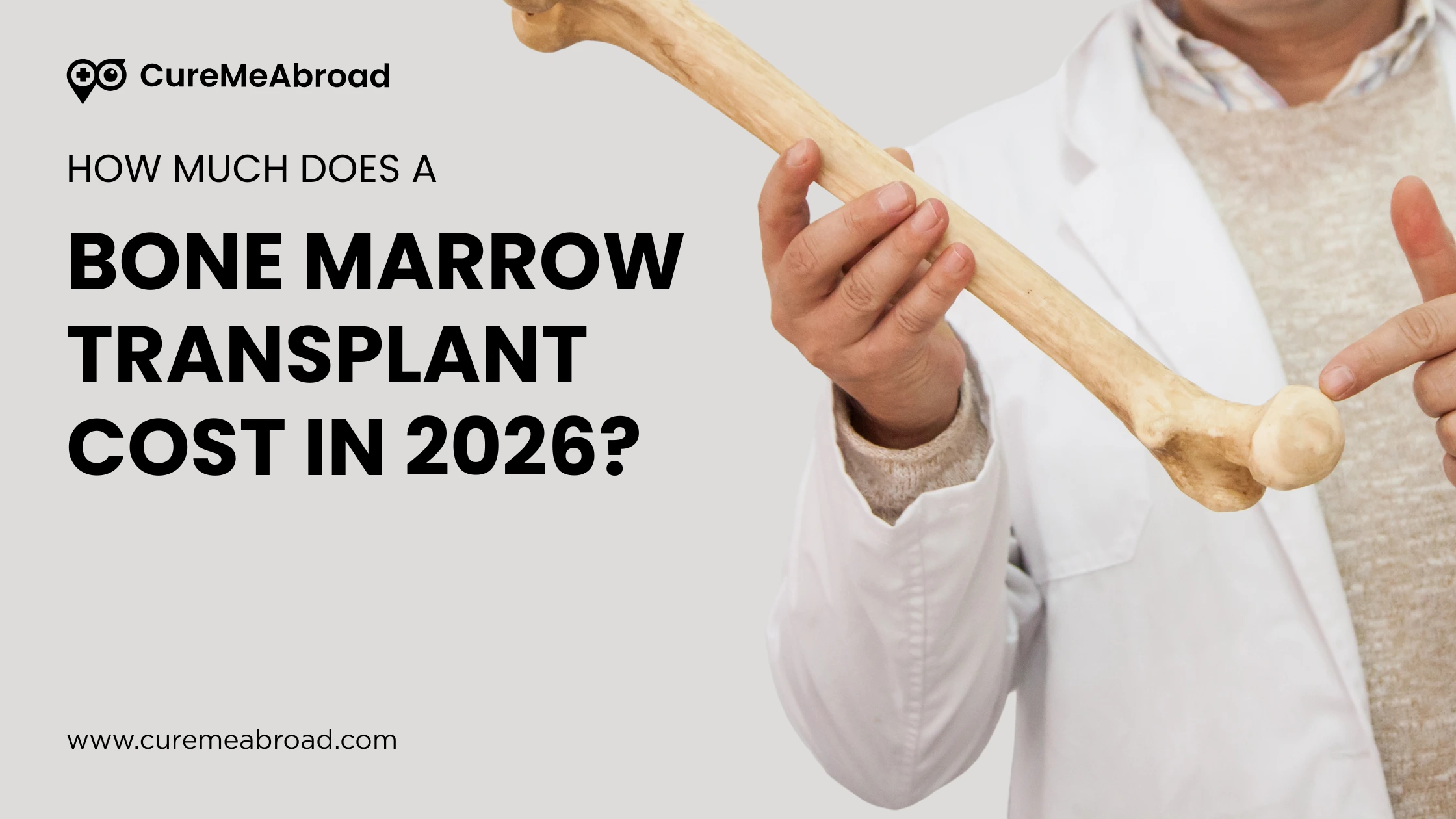Breast implants help in improving the shape, symmetry and size of your breast thus helping in boosting your confidence and self image. But like any surgery breast augmentation also has some risks and complications. One of the most common complications is contracted implant also known as capsular contracture.
After implant surgery the formation of a “capsule” which is a thin layer of scar tissue is a normal part of the healing process. It’s the natural reaction of the body to any foreign object. Formation of this scar tissue is both a good and bad thing, the capsule helps to keep the implant in place thus avoiding slippage. However, in some patients the scar tissue tightens too much and starts to contract the implant. This can make the breast feel hard, destroy the shape and cause discomfort to the patient.
HOW COMMON IS IT?
Capsular contractures after augmentation mammoplasty has an incidence rate of 15% to 45%. Not every case of capsular contracture creates problems for the patient, some are very mild. While others can cause severe pain and change the look of the breast implant.
Symptoms and Severity (Baker Grading System)
- Grade 1: It is asymptomatic. Capsule is present but does not intervene with size and shape of the breast. It feels soft to touch.
- Grade 2: This grade presents with minor cosmetic symptoms. Breast feels firmer than normal. The shape of the breast is usually retained.
- Grade 3: Breast has increased firmness to touch and appears abnormal. They can be hard looking, nipples might have distorted shape. This grade usually does not present with pain.
- Grade 4: This is the most severe form. Breasts feel extremely hard to touch and tender. Women present with the complaints of pain and heaviness in the breast.
WHEN DOES IT HAPPEN?
Most incidents of capsular contracture occur during the first 2 years of surgery. However, it can occur many years later too which usually is a sign of emergency mostly due to ruptured implants or long term irritation. This makes regular follow ups with your surgeon essential especially in the initial years after the surgery.
WHY IS IT A CONCERN?
Advance cases of capsular contracture are always of concern because they can lead to:
- Breast shape distortion, uneven appearance, loss of symmetry and shape
- Discomfort, heaviness and pain
- Affects the emotional well being of the patient
- Need for corrective surgery which can be either implant replacement or capsulectomy
CAUSES OF CAPSULAR CONTRACTURE
Exact cause for capsular contracture is still unknown but some of the possible reasons are listed below. It is never a single cause or factor that leads to contracted implant but a combination:
- Previous history of capsular contracture or scar formation is the most common risk factor for developing it again.
- Radiation therapy: Women who have received radiation to the chest after Breast conservation surgery due to breast cancer are more likely to develop capsular contracture due to already developed fibrosis.
- Surgical site infection (SSI): Usually surgeons are very careful about the sterility of the implant, procedure and the operation theatre which is why SSI in case of breast implant is very rare. Studies show there is at least 2-3% chance of infections in breast augmentation surgeries. And one of the most common reasons why patients get readmitted to the hospital.
- Immune system response and rejection of implant: Since breast implants are foreign body objects, body’s immunity acts against it and in some cases it reacts aggressively thus rejecting the implants. This leads to excessive scarring and tissue formation.
PREVENTING CAPSULAR CONTRACTURE
There are certain preventative measure that can be taken by your surgeon and the patient to achieve better outcomes:
What can your surgeon do?
- Adequate usage of antibiotics before, during and after the surgery to prevent infection and contamination of the implant.
- Handling of tissues gently and appropriate measures to control bleeding ensures healthy healing.
- Strategic placement of the implants under the muscle or usage of Acellular Dermal Matrix in perfect position to reduce pressure and friction on the surrounding tissue.
What can YOU do?
- Follow post operative instructions and come for regular follow ups with your surgeon.
- Wear support garments.
- Avoid lifting or strenuous activity or operating heavy machineries.
- Take all the post operative medications as directed by your doctor especially antibiotics and pain medications.
- Maintain proper hygiene especially around the incision site. Visit your doctor for regular change of dressings.
- Avoid smoking and alcohol and maintain a light and healthy diet, preferably home cooked food.
- Report any danger signs such as new firmness, redness, tenderness, fever, extreme pain. Early attention can always benefit your healing journey.
- Inform your surgeon about future procedures like dental surgeries, which may require antibiotics to prevent infections.
TREATMENT OPTIONS
The most effective treatment of contracted implant is almost always a surgical one. Mild cases may not need any intervention.
Surgical Treatment
- Capsulotomy: The surgeon makes a cut through the existing surgical scar and cuts scar tissue thereby reducing the tension and allowing the implant more room.
Disadvantage: Chances of recurrence. Incomplete removal of the underlying inflamed tissue. - Capsulectomy: The complete removal of the capsule. It can be combined with an implant exchange or position change.
ACELLULAR DERMAL MATRIX
ADM acts as a biological and physical barrier, absorbing the tension and creating a shield against the inflammation. It is both a preventative and treatment measure. It helps in revascularization of tissue and interferes with the inflammation cascade. It can be an effective treatment option but higher costs can raise concerns about it.
MEDICAL AND EXPERIMENTAL THERAPIES
The root cause for capsular contracture is inflammation. Different anti inflammatory drugs can be employed to treat the same:
- Leukotriene inhibitors (Montelukast) which stop the inflammation cascade by not letting leukotrienes act on the site.
- Anti fibrotic drugs like Pirfenidone have shown results in various studies in reduction of capsule formation.
- Other experimental options like Vitamin E, Botox or collagen targeting medications can be used but haven’t shown much merit.
FINAL THOUGHTS
Capsular contractures occur due to the scar tissue formation around the breast implant leading to tightening of the implant. This causes patients to experience firmness, shape changes, discomfort, heaviness or pain. With appropriate surgical techniques and preventative measures it is easily preventable. Early recognition and adequate care help in keeping the implants feel natural, comfortable and lasting longer.









